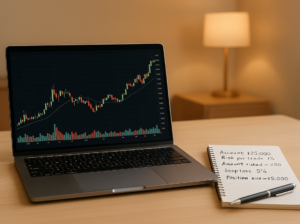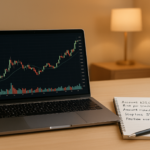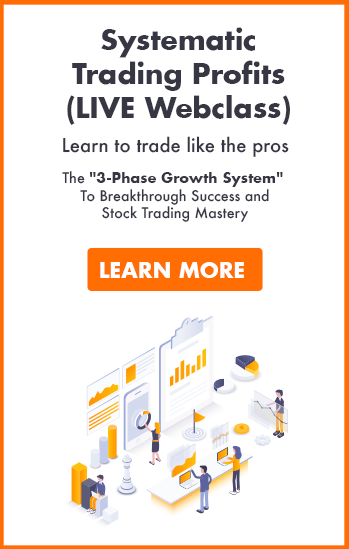Just to be clear, National Service is compulsory for all Singaporeans, where we have the privilege of experiencing 2 years in the military. It’s a time filled with very interesting experiences, meeting people from all walks of life and hearing the stories of the different faces of Singapore which you probably never knew existed. Who would have thought that the military experience would have any similarities to trading right? Well, here are three things which I’m sure everyone who has gone through National Service can identify with!
Rush to wait and wait to rush.
Throughout our time in the army, have you noticed this is something we always do? In the morning, first thing we do is rush to wash up and line up for first parade. And we always end up waiting for a while before anything actually happens. And when it starts, then we rush to gulp down 1 litre of water and swiftly execute our five basic exercises. If we’re going to participate in an activity, again, we rush there and then sit around to wait for things to start. When it starts then we go rushing about the activity.
At the time, you might have thought this was all a waste of time and effort rushing, but actually it’s all part of being prepared.
Preparedness is actually a trait you should bring to your trading. Because before you execute any trades, you first should have done your analysis and planned out what you will do, under what conditions.
Then you rush to finish any last minute amendments to your analysis upon new information if any, then you wait. You wait for your setup to appear. When it appears and triggers you into a trade, you fire off and take the trade! Then you wait again. You wait for your exit signal, when it appears, you immediately exit the trade, no questions asked. Hence, as a trader you rush to wait and wait to rush as well.
SAF’s 8th core value: Do anything you want, but Don’t Get Caught!
The SAF has 7 core values which we should remember by heart. But it’s the 8th core value which most of us actually live by! You can do anything you want, but Don’t Get Caught!
Now I’m not encouraging you to do anything illegal or dangerous, I’m just trying to draw a parallel that in the marketplace, you have a huge amount of freedom. You can buy and sell whenever you want, as long as the market is open. Nobody can stop you from clicking the buttons, as long as you have sufficient money in your trading account. You can also buy or sell any size you want, again, as long as you have sufficient money in your trading account. But there is a price to pay for this freedom, the movement of price may not always be in your favour. This is where you must learn not to get caught. In the army, there are many things you can do to avoid getting caught, but in trading, there are only a few. Cutting your losses short should be at the top of your list. If you’re a more sophisticated trader, maybe you would have plans to hedge into another market instead of cutting losses outright.
But whatever you choose to do, Don’t Get Caught in an adverse price move which could seriously damage your account. Always control your risk.
You think, I thought, who confirm?
This is another famous quote which I’m sure many of you have heard when things went wrong because of assumptions from a negligent party. Ah, the fond memories of this saying, usually swiftly accompanied by a resounding “Knock it down!” and a “Yes sergeant!”.
In trading we actually do have to deal with a lot of uncertainty, hence, we need to make a lot of assumptions. Our trading plans are usually based on a hypothesis, which requires price to validate in the form of either a setup or some other price action. The hypothesis is an assumption. The setup is also an assumption. The continuation of the trend is also an assumption. Most of our assumptions should be probable rather than random. (Here is an article about a few assumptions in Technical Analysis: Assumptions in Technical Analysis)
So similar to our time in NS, there are a lot of necessary assumptions flying about. So we need to do our best to minimize the assumptions we base our hypotheses on. We can do this by backtesting our assumptions or having simple key cornerstones in our trading philosophies. (Here is an article about handling the randomness or uncertainty: Get lucky in trading )
Good trading soldier.












